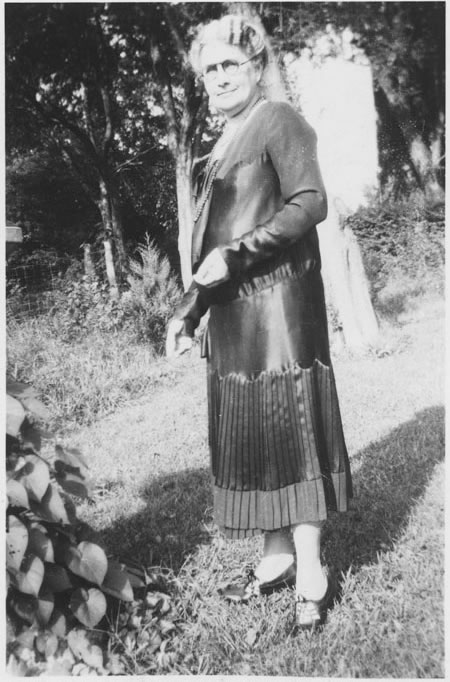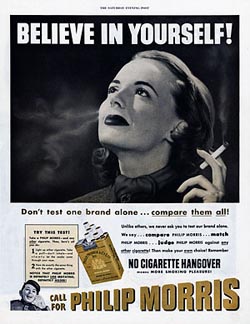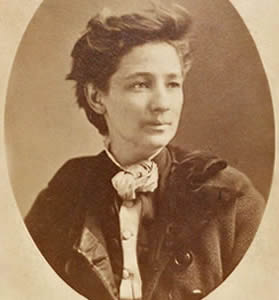

“I had always believed that women had an inherent right to vote. It was a logical attitude from my standpoint. My mother was a college woman, a student of national and international affairs who took an interest in all public issues. She could not vote. Yet the tenant farmers on our farm, some of whom were illiterate, could vote. On that roll call, confronted with the fact that I was going to go on record for time and eternity on the merits of the question, I had to vote for ratification.” Harry T. Burns, State Representative of Tennessee and the deciding vote that passed the 19th Amendment.
In the summer of 1920, 35 of the 48 states had ratified the 19th amendment, giving women the right to vote. We needed one more state and Tennessee was the next to hold a special session, something other states had pushed back. Burn had made history a few years earlier as the youngest in 1918 when he became the youngest elected legislator at just 22 years old.
On August 18, 1920, Tennessee held a special session to vote on the 19th Amendment. Burn has originally intended to vote ‘no’ and even wore the office red rose on his lapel – a symbol for anti-suffragists. The vote deadlocked 48 to 48. When it came time to either pass or kill the amendment, he defected and voted “yes.” Many in the gallery thought he had simply made a mistake, so the clerk called roll again, “yes.” Rumors of bribery and corruption were leveled at Burn. He insisted on adding a statement into the House Journal:
“I desire to resent in the name of honesty and justice the veiled intimidation and accusation regarding my vote on the Suffrage Amendment as indicated in certain statements, and it is my sincere belief that those responsible for their existence know that there is not a scintilla of truth in them. I want to state that I changed my vote in favor of ratification first because I believe in full suffrage as a right; second, I believe we had a moral and legal right to ratify; third, I knew that a mother’s advice is always safest for a boy to follow and my mother wanted me to vote for ratification; fourth, I appreciated the fact that an opportunity such as seldom comes to a mortal man to free seventeen million women from political slavery was mine; fifth, I desired that my party in both State and nation might say that it was a republican from the East mountains of Tennessee, the purest Anglo-Saxon section in the world, who made national woman suffrage possible at this date, not for personal glory but for the glory of his party.”
Why did he really defect? It all came down to a letter he carried with him:

“Dear Son, … Hurray and vote for Suffrage and don’t keep them in doubt. I noticed Chandlers’ speech, it was very bitter. I’ve been waiting to see how you stood but have not seen anything yet…. Don’t forget to be a god boy and help Mrs. Catt with her “Rats.” Is she the one that put rat in ratification, Ha! No more from mama this time. With lots of love, Mama.”
Always listen to your mother.
Image: Calvin M. McClung Historical Collection, Knoxville
Sources: Google Docs – Harry T. Burns and
http://www.teachamericanhistory.org/File/Harry_T._Burn.pdf



